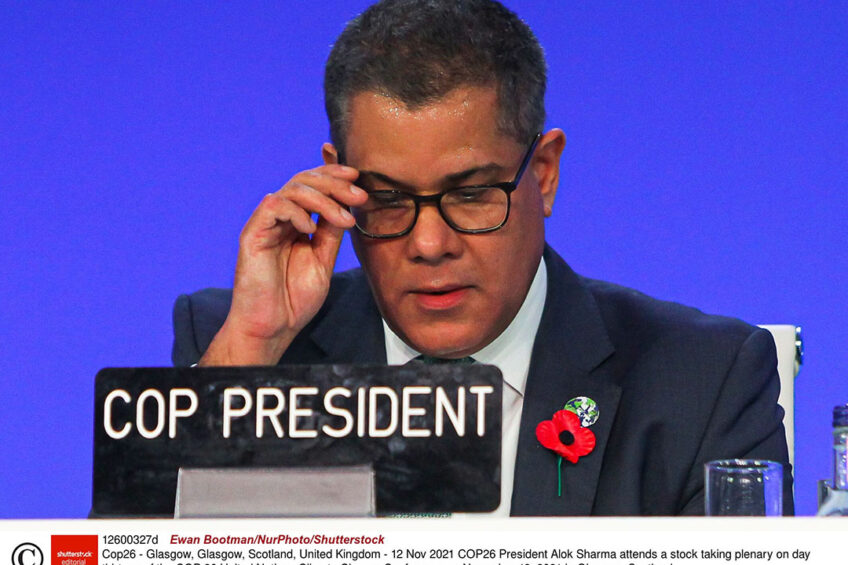Phasing out of soya for poultry food comes closer

Future use of imported soya in poultry and livestock feed is set to be curbed after global governments agreed to end and reverse deforestation by 2030.
Representing 75% of global trade in key commodities that can threaten forests (i.e., palm oil, soya and cocoa), 28 governments have signed a new Forests, Agriculture and Commodity Trade (FACT) Statement at the COP26 negotiations in Glasgow. In addition, more than 100 leaders from nations including Brazil, Indonesia, the Democratic republic of Congo, Russia and Canada, representing 85% of the world’s forests, made a further commitment to the Glasgow Leaders’ Declaration on Forest and Land Use.
Five most promising soybean meal alternatives
An in-depth look at the best options for replacing soy in feed for various livestock species in terms of benefits, availability, challenges and outlook. Read more…
The pledge is backed by almost £14 million in private and public funding with 12 nations, including the UK, supporting the initiative between now and 2025. Funds will go towards tackling wildfires, backing the right of indigenous communities and restoring degraded land. More than 30 of the world’s largest financial companies – including Aviva, Schroeders and Axa – have also promised to end investment in activities linked to deforestation.
“The industrial meat industry, like its counterpart in the fossil fuel sector, needs to come to an end.”
Less meat
John Sauven, Greenpeace executive director, said forests would not be saved until the world’s population ate less meat: “Everyone wants to see zero deforestation, not least the indigenous peoples whose homes and livelihoods are under threat. But without tackling the drivers of destruction, it’s like whistling in the wind to think cash alone will work. Cattle and sodas for animal feed are wiping out the Amazon and savannahs of Brazil. The industrial meat industry, like its counterpart in the fossil fuel sector, needs to come to an end.”
Excelling in antibiotic-free broiler production
Finland is quite a success story when it comes to producing poultry without the use of antibiotics. An excellent example is the farm of Hanna Hamina. Not a single flock has been treated with antimicrobials for over 10 years. Read more…
The Soil Association said it had been drawing attention to the impact of soya grown in sensitive environments in Latin America to feed livestock in intensive systems for some time. It is calling for ’Peak Poultry’ – the phasing out of intensive poultry served in schools and hospitals, a moratorium on intensive poultry units and support for less intensive livestock systems such as organic along with dietary changes to include less meat and better meat.
Certified soya
The farming sector has seen a number of announcements from companies in recent weeks. Cranswick plc is moving to 100% certified deforestation-free soya in a bid to cut emissions by 20%. The pig and poultry company, which has received carbon-neutral certification for all 14 of its eligible manufacturing sites – having reduced carbon emissions by 18% last year – is also setting out a roadmap to achieve net-zero greenhouse gas emissions across all its operations by 2040.
Adam Couch, Cranswick CEO: “While we have further to go, I’m very proud of our teams who have embraced climate action with such vigour and helped us reach these first milestone steps of carbon-neutral manufacturing and also the switch to 100% certified deforestation-free soya.”












